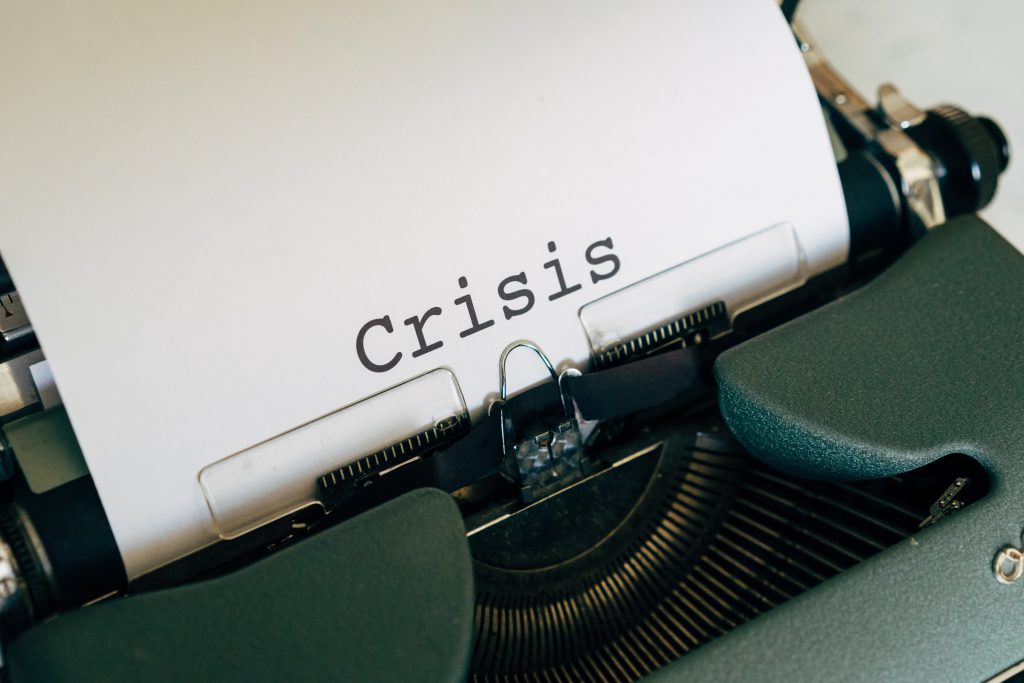In the last couple of weeks, there has been a lot of talk in financial circles around one major movement: the upward trend of the stock market.
Since March 23, the total world stock market index is up by nearly 40%.
That is just 10% below its pre-crisis peak. But for a world economy that’s slowly emerging out of an unprecedented lockdown, it says a lot about what investors expect to happen.
10% drawdowns to the stock market happen on average, every year.
But the pandemic – and the response of governments and central banks to it – is the biggest economic event we’ve seen in a generation.
A lot of people naturally would expect the stock market to reflect caution… and some degree of pessimism.
So why is the stock market going up?
The most important factor to understand first is that the stock market is forward-looking.
At any given time, the stock market reflects what investors expect the near-term future to look like.
It never cares about what happens today (or yesterday for that matter) but only about how things will look 3 months, 6 months, 1 year from now.
That’s because when you buy a stock, you are buying a piece of a company’s future earnings.
This means you are buying the right to receive part of what the company earns at a later date.
And based on whether you think the future looks brighter or grimmer than what most people think, you choose to either buy or sell stocks.
This phenomenon is the basis of what’s called the ‘efficient market hypothesis’.
The name isn’t all that important. But what is important is that as information becomes available around the world, what investors in aggregate think this will mean for the future is immediately reflected in the prices of stock.
Bear with me here, because this is key.
This means that what everybody believes will happen in the future is immediately translated into stock price increases or drops.
This is important because a lot of investors think that they should be buying Zoom, or Netflix, or some other stock they think will benefit from this pandemic – ahead of everyone else buying it.
But if everyone else believes the same thing – then the stock prices of these companies have already gone up to adjust that expectation of outperformance.
That’s because millions of investors from all corners of the world comb through the exact same information at the exact same time and place their bets in the markets accordingly.
If more people buy than sell, stock prices tend to increase. And if more people sell than buy, then stock prices tend to fall.
The only way to beat the markets – and do better than everyone else – is to disagree with the majority perspective at any given time. It means buying when everyone else expects stock prices to stay low or selling when everyone believes they’ll rise forever.
This matters to you because you should only be buying stocks if you believe the future will be brighter than what most people think.
If you have a long-enough time horizon, buying stocks has been proven to be a winning strategy.
But in the short term, anything can happen.
If we found out today, with certainty, that the virus would be gone in 30 days, the market would skyrocket – because the expectations of future earnings would increase massively as economies re-open completely.
But if we found out today that there will be no vaccine for 2 years and that a lot more people than expected will die, the market would surely tank.
Right now, the market seems to believe we’ll get out of this whole thing soon.
Maybe we will. But if economies need to shut down again to cope with new waves of infection, we would have new expectations of the future.
And that would surely get reflected in the stock market – fast.
To freedom,

